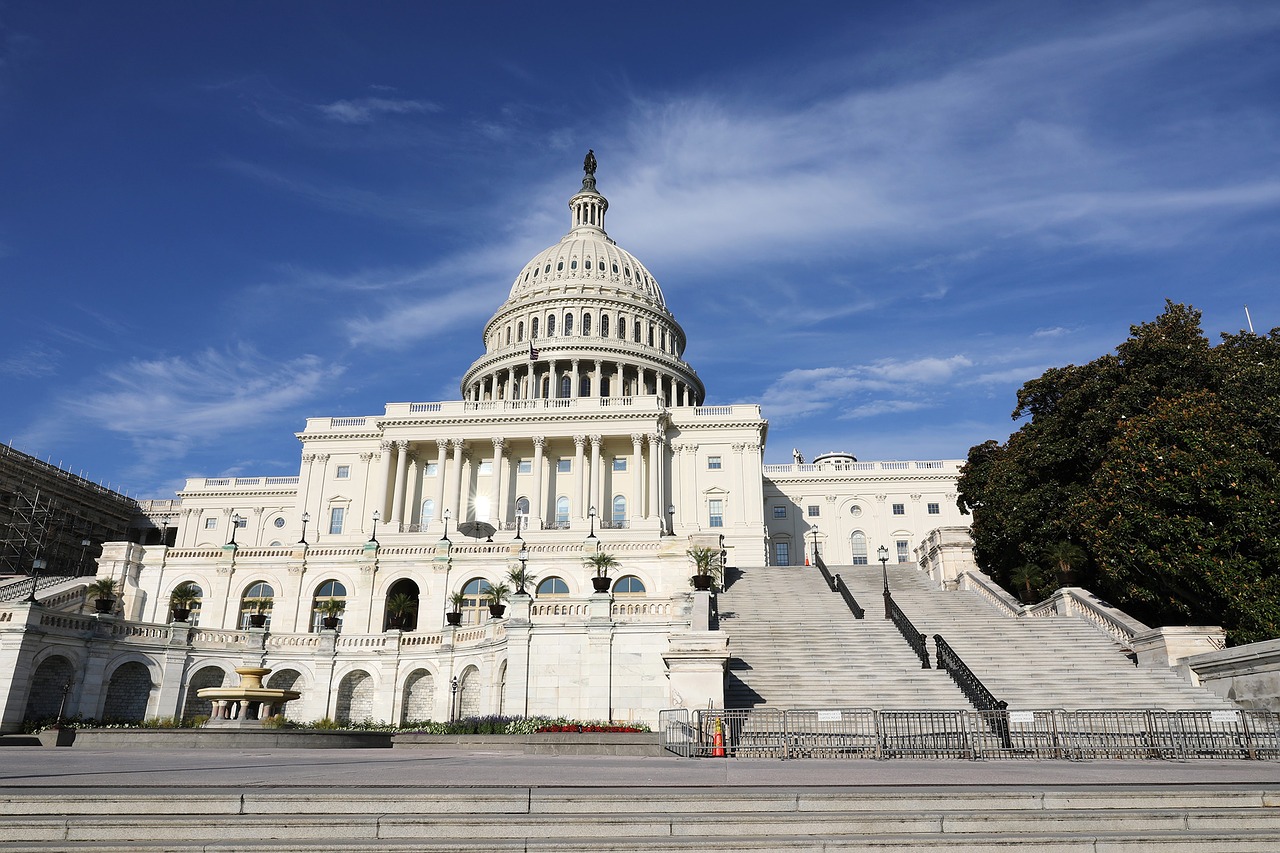When it comes to renewable energy, having a dependable source of electricity throughout the day is a key consideration. Since a lot of renewable energy resources rely heavily on the weather, it can sometimes be difficult to depend completely on a solar system. This is where energy storage comes into play. A lot of solar system owners are looking at adding their own home battery storage to their solar panel array. This allows homeowners to take charge of back-up energy on their own terms.
Energy storage is one of the most popular add-on items for renewable resource electricity customers. However, despite the growing popularity of energy storage systems, many feel they are a bit too expensive. To help alleviate some of the stress on the utility companies during peak energy consumption hours, incentives could be put in place to make energy storage more affordable.
Mike Doyle, congressman from Pennsylvania, introduced a bill that would allow federal investment tax credits for energy storage. This bill would allow energy storage project developers for both commercial and residential properties to receive a 30 percent tax credit until 2021. After 2021, the incentive would then phase down to settle at a permanent 10 percent tax credit for commercial systems. Residential projects would receive no credit after 2021.
Because of the impending tax step-down, now is the best time to invest in an energy storage system. Combining clean, reliable solar power with energy storage is the next frontier in securing a resilient, reliable electrical grid.
The American Wind Energy Association was happy with the proposed bill although they did point out that there are restrictions in place which only permit energy storage to qualify for tax credits when paired with a solar project — under certain circumstances. The Wind Energy Association Wanted tax credit eligibility for all energy storage technologies, in order to spark new clean energy infrastructure investment.
Many energy storage advocates have been desperately waiting for their own federal tax credit but congress has done little to help. It is unclear how this bill will progress with the push for a green new deal or how those efforts will fare in the hands of the Republicans. The 2020 presidential election will cast a shadow over everything congress does, making it unlikely that any new tax legislation will be taken up. The energy storage bill may only be seen as a placeholder until the 2020 election has passed.
This reintroduced federal tax incentive for customers advocating energy storage was largely praised by wind and solar groups. This is an important step to expand federal tax policy to support clean energy. Energy storage has seen the benefits of the ITC over the past few years — if paired with an eligible solar PV system. But this ITC had several limitations which required that batteries needed to be charged from electrons generated by solar systems, as well as limits on how much storage would earn credit.
A letter signed by 100 House Democrats discusses a long-term extension of clean energy tax credits and how these credits should be implemented. The letter asks democratic leaders to consider extending tax credits for solar and wind, electric and alternative fuel vehicles, zero and low-carbon technologies for homes and businesses, and energy efficient provisions for performance-based tax incentives. A lot of these incentives were originally introduced in 2015, with a plan for eventual phasing out. This support of clean energy technologies has now been largely abandoned/challenged by the Trump administration, which altered the framework of the 2015 agreement.
The letter also asks for the adoption of alternative fuel vehicles with an incentive to build charging and fueling infrastructure for electric and alternative vehicles. The letter also suggests incentives to reduce industrial emissions, and to continue wind and solar incentives.
If this tax credit is approved, it will stabilize the future of energy storage for both residential and commercial customers. Project developers begin investments into energy storage and complete them in time to qualify for the credit when it launches. Battery storage can be paired with multiple different systems — including, solar, wind, and gas — to create a more efficient, durable grid for customers.
The phasing out of fossil fuels as the main source of electricity in the US will require massive changes. If the government is not able to provide strong incentives, the process will be even slower than it already is — and the US will carry on as one of the globe’s main contributors to worldwide carbon emissions.
If you would like to learn more about solar energy storage tax credits please contact YSG Solar today at 212.389.9215.
By Kasey Liu
Sources:

